|
We’re no strangers to boondocking, or camping off the grid (without water, electric, or sewer connections). We first experimented with it when we had a travel trailer and found ourselves amazed at how remote and isolated we could be not too far outside a city. The appeal of this freedom continues to attract us. Sure, campgrounds have their allure too: electricity, running water, and security, just to name a few. Although boondocking doesn’t include those things, it does have a lot of benefits. Let’s look at some of the pros and cons of boondocking. Pro 1: Beautiful Views Camping off the grid means we’re not constrained by campground setups and property boundaries. We can get up close with nature and park in such a way that our windows overlook magnificent scenes of God’s beautiful creation. No, we can’t camp just anywhere, but boondocking does give us a lot of flexibility. Bureau of Land Management (BLM) land offers some of the best boondocking. This land is much more prevalent in the West than it is in the East. If we want to get out of high temperatures and into cooler country, we can camp in forested areas with high altitudes. If we find mountain camping is too cold at a certain time of year, we can relocate to deserts with picturesque panoramas. The views aren’t limited to the horizon. Being away from city lights also gives us incredible shows in the night sky. One night while boondocking, our refrigerator started beeping to alert us our propane tank had run dry. We exited the rig to change the tank and were treated to an awe-inspiring scene of the stars come to life. I had never seen that many stars. Pro 2: Quiet Serenity Most boondocking spots offer solitude and quiet. I say most because some areas are popular with ATVers, motorbikers, and other outdoor toy enthusiasts. Such areas can be quite noisy, as can locations near shooting ranges. When not in those unpleasant environments, boondocking can feel a lot like old-school camping. Because we don’t have electric hookups, we typically watch less TV. Instead, we read, play games, and get out in nature. We find ourselves thinking about what it must have been like for early settlers in America. Boondocking allows us to spread out from other campers as space tends to be plentiful. We enjoy wider, airier setups than we find at most campgrounds. Pro 3: Economical Cost Boondocking locations are often free for up to a 14-day stay. Others require a permit for around $20 for that length of time. That means we can save quite a bit of money while camping in close proximity to, and exploring, national and state parks and other attractions. We did have to make an initial investment in some big-ticket items to be able to take advantage of this type of camping, though. Without electricity, another method is required to charge RV batteries. We invested in six solar panels that we installed on our roof. We carry an additional two panels in a solar suitcase, plus two generators that Bob converted to run on propane. That way, we don’t have to have gasoline for a single purpose since our truck runs on diesel. Our rig came equipped with a 75-gallon freshwater tank, 50-gallon black water tank, and 85-gallon gray water tank. We just have to plan ahead to ensure we have empty wastewater tanks, plenty of freshwater, and a stocked refrigerator and pantry before embarking on a boondocking adventure. Established campgrounds for dispersed camping (a fancy term for boondocking) may charge a small daily fee for maintenance. We stayed at one such location that charged about $10 a day, but it provided the perks of running water a couple of hours a day, a trash dumpster, and the freedom to empty our gray tank water into nature. For an additional $5 per-use fee, we could get our black tank emptied from a honeypot truck. Perks like those are not the norm when boondocking. Most of the time, we’re on our own.
Con 1: No Trash Pickup Cooking in any form tends to produce waste of some sort. Unlike campgrounds, boondocking locations don’t offer dumpsters for campers’ convenience. We’re required to pack out our trash. We’ve learned to use small plastic grocery bags for trash when boondocking because they’re easier to get rid of than a tall kitchen trash bag. Small bags fit better in a grocery store or gas station trash bin. This practice also makes it easier to divvy up our trash into numerous waste cans rather than trying to stuff it all into one. Con 2: Limited Water Supply & Wastewater Capacity We have to be mindful of the capacity of our freshwater and wastewater tanks while boondocking to ensure the first doesn’t empty and the latter doesn’t fill. If we run out of freshwater, we have to find a place that offers more and transport it to our location to replenish our tank. If we fill our waste tanks, we have to hook up Gulliver to Tagalong and head to the nearest dump station to get rid of the contents. That means no long showers with running water in between lather and rinse, which we don’t tend to do anyway. It also means only washing dishes once a day. Using paper plates instead of reusable dishes may equate to running less water, but it creates more trash. Con 3: Dust Collecting dust is pretty much a given when boondocking. Camping in the dirt lends itself to, well, dirt. Most boondocking locations are wide-open areas, which are prone to wind — that exacerbates the dust issue. Of course, wind isn’t isolated to boondocking spots. We’ve encountered plenty of blustery weather at established campgrounds as well, but it does seem to be more prevalent while boondocking — at least in our experience. The pros of boondocking far outweigh the cons, in our opinion. We’re thankful for the beautiful views, quiet serenity, and economical cost and will continue to take advantage of these camping opportunities. You might also like Busted While Boondocking.
6 Comments
Carole Grijalva
3/23/2023 06:31:33 am
It never cease to amaze me. How I can live vicariously through your travels.. Lol it definitely saves me money lol you paint such a vivid picture as though I'm there.. Have a happy trail.. Love you guys!
Reply
John Craig
3/23/2023 07:17:45 am
How I used to camp old school when I was young, but with tents... Lots of memories and fun back then.
Reply
3/23/2023 09:27:40 am
Can you build a campfire? And, can you dispose of some of your paper waste and trash in a fire pit? Just curious.
Reply
3/23/2023 04:07:28 pm
Yes, I believe we could do that, if it's not too windy. Good idea.
Reply
Mom
3/27/2023 02:46:23 pm
Always enjoy hearing about your adventures and seeing your pictures.
Reply
Leave a Reply. |
AuthorThis is the travel blog of full-time RVers Bob and Lana Gates and our truck, Gulliver, and fifth wheel, Tagalong. Categories
All
Archives
July 2024
|
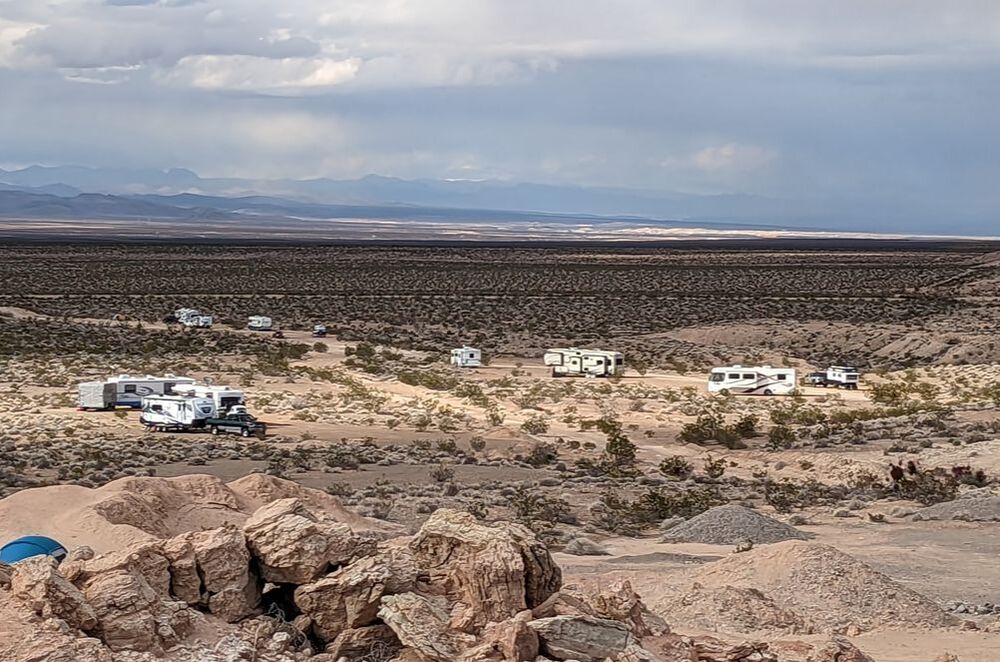
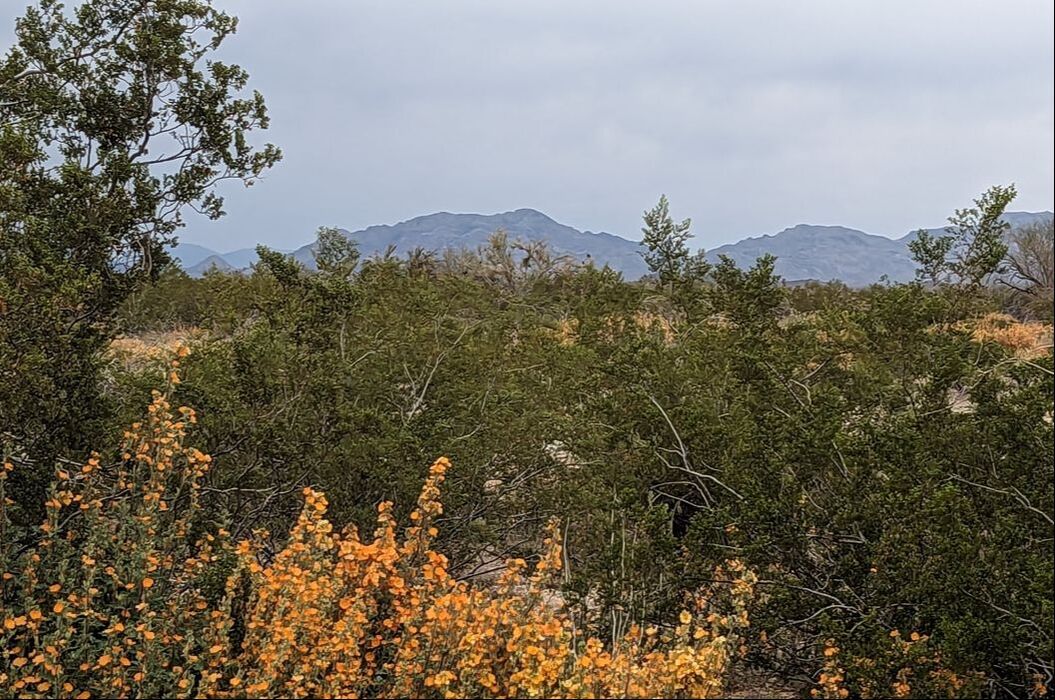
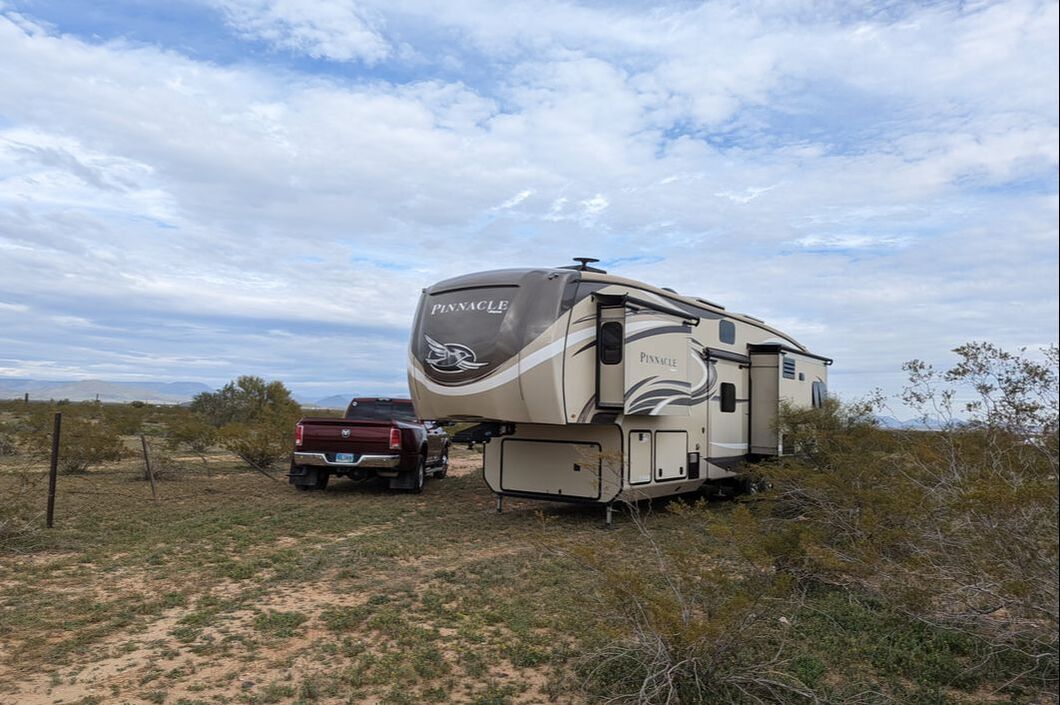
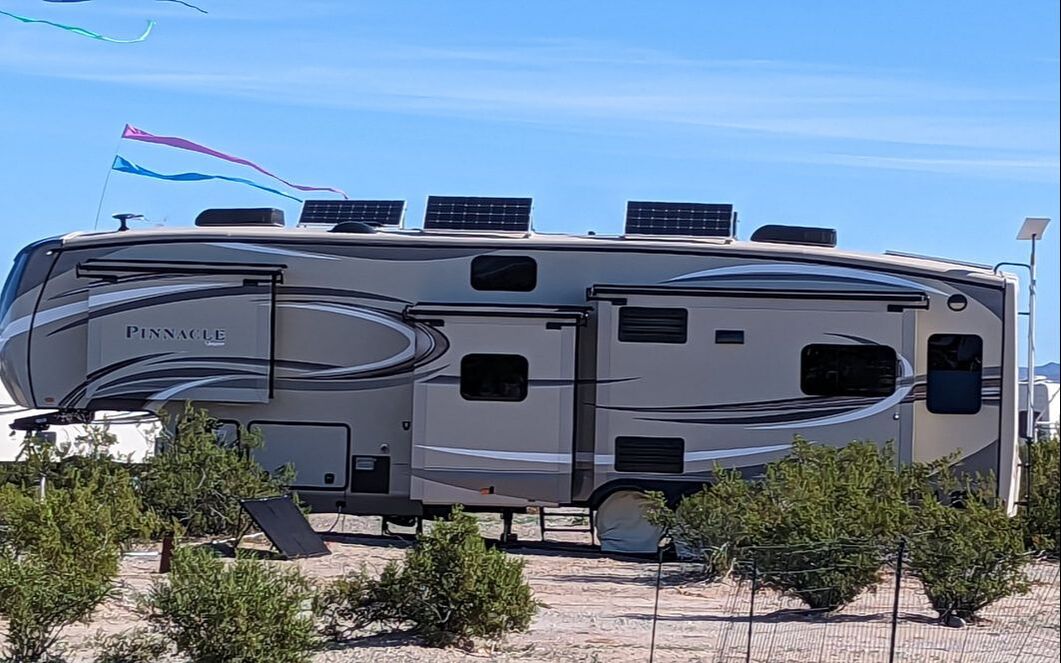
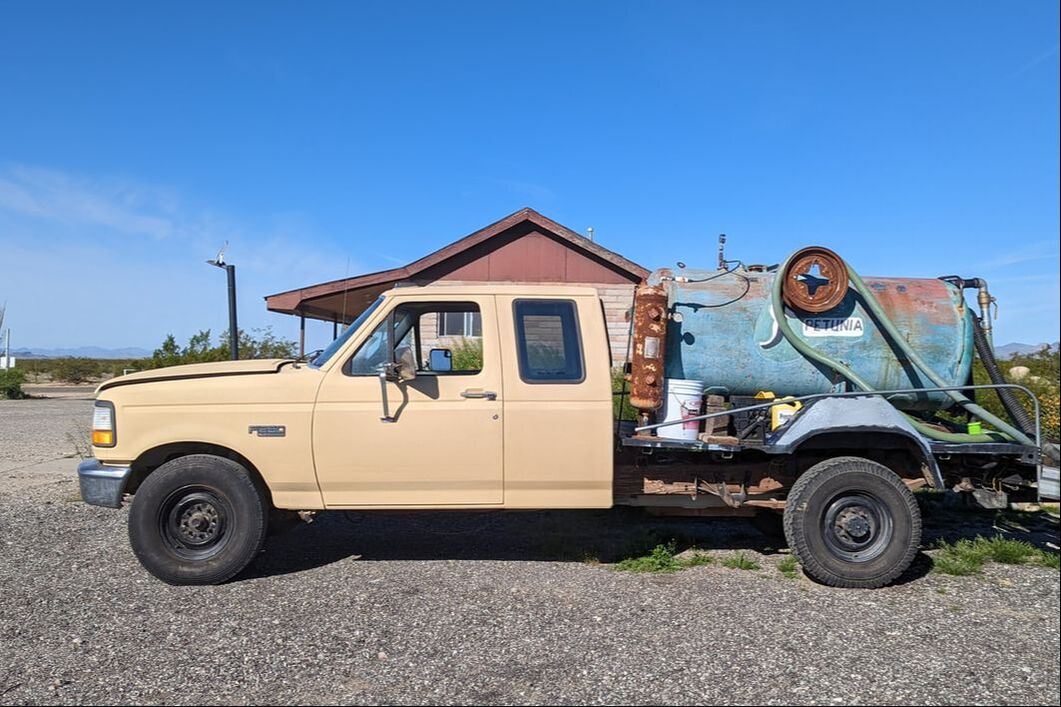
 RSS Feed
RSS Feed